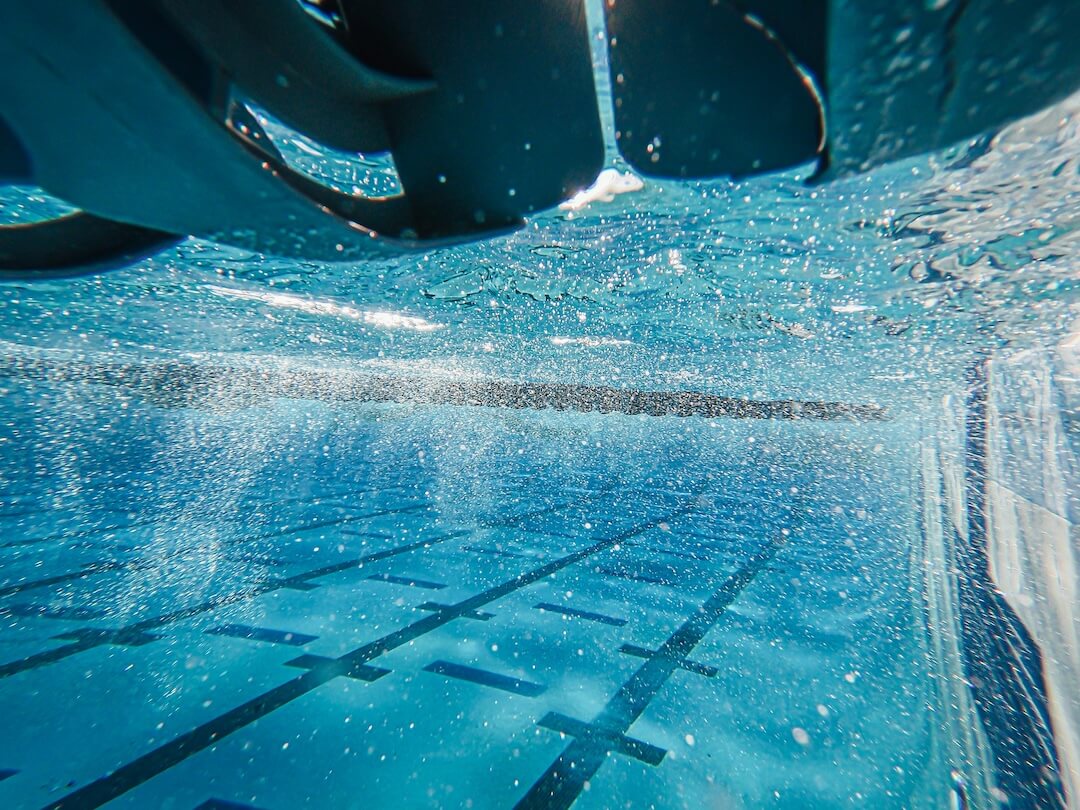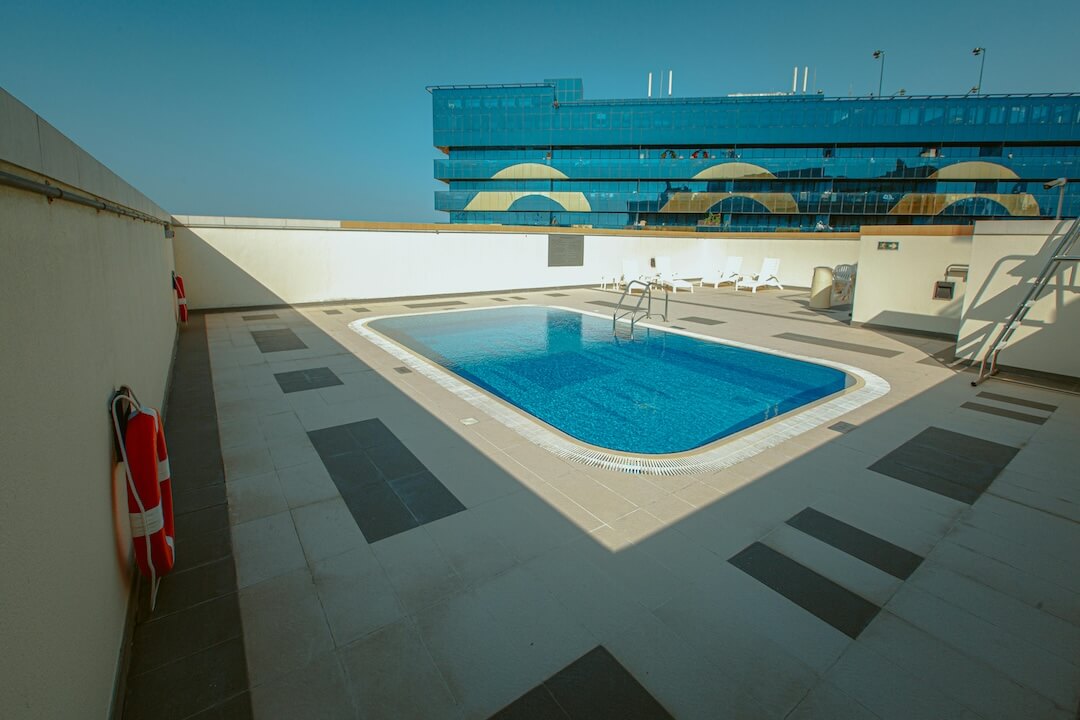Understanding Pool Chemistry Basics

Understanding Pool Chemistry Basics
Maintaining a beautiful and safe pool in Fort Lauderdale requires a good grasp of pool chemistry fundamentals. The Florida climate, with its warm temperatures and high humidity, can challenge even seasoned pool owners. Proper water balance not only ensures crystal-clear water but also protects your pool equipment and prolongs the lifespan of your investment. Whether you're a new pool owner or looking to refine your maintenance routine, understanding pool chemistry basics is essential for a healthy, inviting backyard oasis.
What Is Pool Chemistry?
Pool chemistry refers to the careful management of various water parameters to keep your swimming environment safe, clean, and comfortable. Key factors include pH levels, total alkalinity, calcium hardness, sanitizer levels, and stabilizer concentrations. All these elements work together to prevent issues such as algae growth, cloudy water, scaling, and corrosion. In Fort Lauderdale, where the sun shines intensely and swimmers frequently visit, maintaining optimal chemical levels is even more critical.
Why Is Proper Pool Water Balance Important?
In a region like Fort Lauderdale, proper pool water balance is crucial because improper chemistry can lead to a host of problems. Unbalanced water can cause skin and eye irritation, damage to pool surfaces and equipment, and create an environment where bacteria and algae thrive. Additionally, unbalanced water can lead to costly repairs and increased chemical costs. Regular testing and adjustment of water parameters help keep your pool in top condition, ensuring it remains a safe and enjoyable space for family and friends.
Key Components of Pool Chemistry
Getting familiar with the core components of pool chemistry can help you troubleshoot issues promptly:
- pH Level: Measures the acidity or alkalinity of your pool water. The ideal pH in Fort Lauderdale pools is between 7.4 and 7.6. Proper pH ensures sanitizer effectiveness and prevents scaling or corrosion.
- Total Alkalinity: Acts as a buffer for pH, maintaining stability. The recommended range is 80-120 ppm (parts per million).
- Calcium Hardness: Indicates calcium levels, essential for preventing scale buildup or water corrosion. The ideal range is 150-250 ppm.
- Sanitizer Levels: Chlorine or alternative sanitizers (like bromine) eliminate harmful bacteria. Fort Lauderdale pools typically require free chlorine levels between 1-3 ppm.
- Cyanuric Acid (Stabilizer): Protects chlorine from UV degradation. Levels should stay within 30-50 ppm in sunny Florida conditions.
How to Test Your Pool Water
Accurate testing is the foundation of good pool chemistry management. Pool owners in Fort Lauderdale can use test strips, liquid test kits, or digital testing devices. Regular testing—at least twice a week during peak usage—helps catch imbalances early. Keep a log of your test results to identify trends and adjust chemicals accordingly.
Common Pool Chemistry Problems in Fort Lauderdale
Because of Florida’s climate, certain issues tend to occur more frequently:
- Algae Growth: Warm temperatures and sunlight promote algae proliferation. Adequate sanitization and proper circulation prevent algae blooms.
- Cloudy Water: Often caused by imbalanced pH, high calcium levels, or insufficient filtration. Correcting chemical levels and cleaning filters can resolve cloudiness.
- Scaling: Excess calcium or high pH lead to mineral deposits on pool surfaces and equipment. Regular testing and balancing prevent scaling.
- Corrosion: Low pH and alkalinity can corrode pool surfaces, fixtures, and equipment. Maintaining proper chemical levels protects your investment.
Tips for Maintaining Optimal Pool Chemistry in Fort Lauderdale
- Test frequently: Especially in the hot Florida sun, pool chemistry can change rapidly.
- Use high-quality chemicals: Always opt for trusted brands to avoid contamination and ensure effectiveness.
- Maintain proper filtration: Clean filters regularly to improve water clarity and chemical efficiency.
- Shock your pool regularly: Shock treatments help break down organic contaminants and maintain sanitizer levels.
- Consult local professionals: Fort Lauderdale’s pool specialists can provide tailored advice, assist with complex issues, and ensure your pool remains pristine.
Why Choose Professional Pool Chemistry Services in Fort Lauderdale?
Managing pool chemistry can seem overwhelming, especially with Florida’s unique climate conditions. Hiring our local pool chemical experts ensures your water stays perfectly balanced, reducing the risk of costly repairs and health hazards. Our professional services include detailed water testing, chemical balancing, equipment checks, and ongoing maintenance, tailored specifically to Fort Lauderdale’s outdoor environment.
Final Thoughts
Achieving healthy, sparkling pool water in Fort Lauderdale hinges on understanding the basic principles of pool chemistry. Regular testing, proper chemical management, and expert guidance are key to preventing common issues like algae, cloudiness, and scaling. By staying proactive and informed, you can enjoy a safe, inviting swimming experience year-round. Whether you prefer DIY maintenance or professional assistance, prioritizing pool chemistry will ensure your backyard oasis remains a source of joy and relaxation in the vibrant Fort Lauderdale community. Contact our local pool service specialists today to optimize your pool’s chemistry and keep your water crystal clear!



